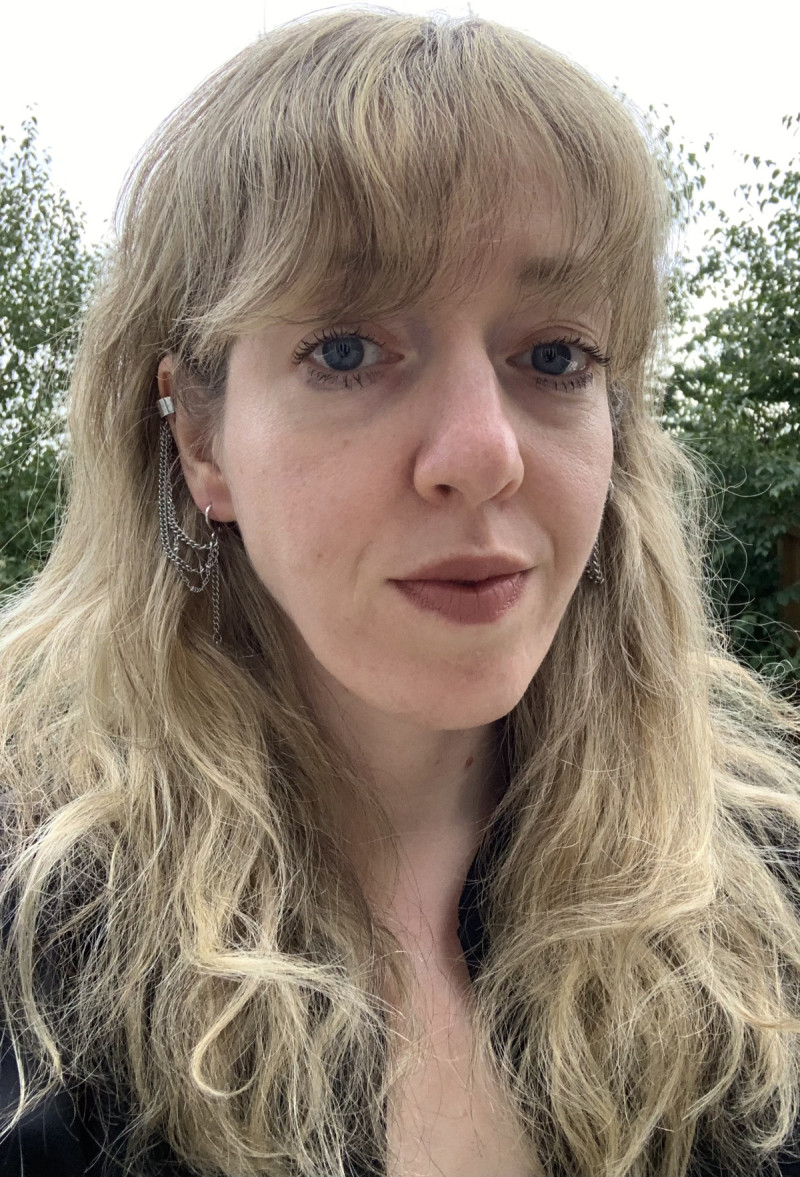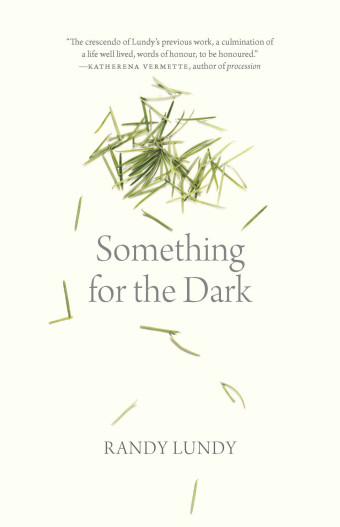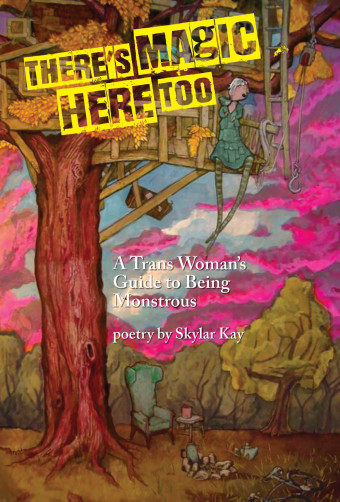“Music, childhood, family, trees, dreams, the news, birds, escalators, language, and, of course, poetry.” Those are the inspirations for Ukrainian-born but Calgary-based writer Anna Veprinska’s second poetry collection, Bonememory.

- Bonememory
- Anna Veprinska
- University of Calgary Press
- $18.99 Paperback, 96 pages
- ISBN: 978-17-73856-11-7
The works of Eastern European poets like Ilya Kaminsky, Valzhyna Mort, and Wisława Szymborksa, as well as those of Paul Celan, Anne Michaels, and Madhur Anand, feature prominently on Veprinska’s list of influences.
“These works are my teachers, and they echo throughout Bonememory,” the University of Calgary English professor says.
Another echo in this book is the emigration of Veprinska’s family to Canada when she was five years old. Several of the poems are what she calls “preoccupied” with that age.
“It was a crux in my life, a transformation geographically, emotionally, and linguistically; many of my most vivid memories are from that age,” she says.
Veprinska writes in English, but Russia’s control of Ukraine meant that her family spoke Russian at home before they emigrated because she was so young when they left, Veprinska didn’t learn to write in Russian. And she never learned Ukrainian, a loss that has only became more palpable during the Russian war on Ukraine.
“As much as I cherish English, it’s not my mother tongue,” Veprinska says. “Writing poems in my second language means I am never sure if my fixation on English words (looking them up, breaking them apart, combining them) is because I’m a poet or because I feel the foreignness of this tongue.”
In terms of form, Bonememory moves between lyrical and experimental modes. Editor Helen Hajnoczky pushed Veprinska to consider how line breaks functioned throughout: as pauses or to help readers move smoothly between lines in a poem. She also focused on consistency throughout the manuscript, so there was coherence between all the poems.

Veprinska’s inspirations and her antecedents mean that she has left a large part of herself inside Bonememory.
“It’s a vulnerable book, so I am both eager and terrified by its entry into the world,” Veprinska says. “I’d like potential readers to know that Bonememory is about many things, both personal and political: memory, family, immigration, language, friendship, intergenerational trauma, chronic illness, disability, empathy, the Holocaust, Russia’s invasion of Ukraine, Canadian settler-colonialism, and the pandemic.”
She wrote these poems while simultaneously working on a post-doctoral project that consisted of listening to archival testimonies of Holocaust survivors. Then there were the lingering effects of the pandemic, Russia’s war on Ukraine, and the finding of Indigenous childrens’ remains at former residential schools, as well as the death of friends and dealing with chronic illnesses.
This backdrop of collective and personal pain seeped into the poems.
“Despite the difficult content of so many of these poems, Bonememory actually began as a way of distancing myself from the testimonies to which I was listening,” Veprinska says.
“Writing became a reprieve from the daily immersion in the grief stories of others. And, of course, the writing also holds that grief.”
In the end, Veprinska says she hopes this book finds its way into the hands and hearts of those people who need it.
“So many times, poetry has changed my life.”













